A Theological Reflection on Menstruation
Women worldwide continue to be stigmatized, excluded, and discriminated against simply because of the lack of understanding of women’s natural body cycle. Unfortunately, menstruation is still considered unspeakable in polite conversation, society, or church. This has been made even more prescient in light of the recent shortages and price hikes for tampons and sanitary napkins here in the United States and around the world. This patriarchal society still has great hesitancy and is silent when it comes to the idea of the monthly regulatory cycle of women because the idea of seeing blood is considered dirty, impure, and painful. Why keep stigmatizing someone’s natural bodily function?
Let’s talk about bleeding as sacred, not stigmatization
Our grandmothers, mothers, and daughters share ancestral wisdom on caring for our bodies during a menstrual cycle. Still, we often only talk about it when girls start menstruating. We share recipes for healing infusions in case of pain, how nourishment and food can heal, and preparing infusions to have balance, rest, and massage the lower area in distress. However, in patriarchal societies, the stigma closes the doors to sharing with our fathers, brothers, and later partners and husbands out of this feeling of shame. Instead of being treated positively in educating men about the menstrual cycle, women and this biological process are relegated to see how they solve their menstruation cycle alone.
Women’s bodies and natural cycles allow women to be co-creators of life to the new generations. Women start their menstruation cycle around age 12, some earlier, some later in life, and menstruate for around 37 to 43 years. The cycle is interrupted for diverse motives; a big one is considered a miracle to conceive the beginning of a new life.
Pregnancy is the conception of a new life in development. It means new life for the next generation. The embryo, around week 12, is defined with chromosomes. A baby with XY chromosomes will be considered a male with no ability to reproduce or have a menstrual cycle. A baby with chromosomes XX will complete the developed reproductive system, with the uterus and ovaries with six to seven million eggs that develop around week 20 in the womb. At this moment, the life of a baby girl and the mother relate to the miracle of continued humanity.
Women are more than long hair, breasts, hips, and vagina. Focusing on only the external appearance of women’s bodies reduces the understanding of who women are and our decisive role in society as a co-creator of life. Women face possible bleeding risks due to their physical well-being, depending on the different stages of their lives. We should not be embarrassed about what happens to us each menstrual cycle. Abnormal vaginal bleeding has several causes, including endometrial polyps, fibroids, uterus infection, abortion, ectopic pregnancy, miscarriage, and cervical cancer, among other complications. All these ills are specific to women and people who menstruate, and we are often unaware of all possible medical conditions.
Millennials of the ancestral menstrual cycle are reduced to using pills and tampons without considering that the blood cycle carries harmony and balance in a woman’s life. In the middle of this natural process of life, women struggle to be behind and punished. Many women do not have the finances to buy monthly pads or pay medical professionals if needed. In silence, many women die because of complications and a lack of understanding about our uterus, ovaries, and women’s reproductive system.
From a theological perspective, as a church, we have also been silent on the bodily function of women. The complications each woman has and how to address them have been limited primarily to punitive text. We read in Genesis 3:16, “To the woman he said: —I will increase your pains when you have children, and with pain, you will give birth to them. But your desire will take you to your husband, and he will have authority over you.” The curse states that the pain experienced by the woman is due to original sin. However, Jesus and his healing found in Luke 8:43-48 helps to bring menstruation and bleeding out of the shadows. We read: “There was a woman who had suffered from a hemorrhage for twelve years; and although she had spent all she had on doctors, no one could cure her. She came up behind Jesus and touched the edge of his clothes, and immediately the bleeding stopped.”
We focus on menstruation pain, pregnancy, and childbirth as a punishment women experience when both can also be read as a lack of social understanding and medical care. The pain of a woman suffering from bleeding for 12 years shows a difficult situation in her uterus and ovaries; her reproductive system needs attention and health and should never be seen as a punishment. It is also a social context of discrimination against women’s bodies.
In this story of Luke, we do not know the woman’s name, age, or other physical conditions of this woman who bled for so many years. Confined to anonymity, we can assume that her blood loss was due to a disease in her uterus or her ovaries, which caused low levels of iron, leading to a lack of iron, anemia, and profound fatigue. Jesus’ miracle removes the social vilification the woman had endured because of her persistent bleeding. This woman shows us the courage to reach out and touch Jesus’ dress to be healed. In this act, Jesus returned her to society with health and courage. The woman comes out of the cover-up and the shame because of her physical condition and the stigmas of the menstruation cycle.
Still today, women face various situations due to their condition of being a woman. However, we do not fully understand or embrace our body’s biological function, which is essential to assume a positive and healthy relationship with our body. It is necessary to create a process of support and teach the next generations about women’s bodies and women’s cycle…this is very important.
I believe if all women unite and speak openly about our menstruation cycle, we will start channeling a more empowering view of women’s bodies. It is time to speak up and provide resources, education, and accessible medical attention to all women to ensure that menstruation can be a healthy and safe part of our life.
Here are some steps to move forward on reaffirming positivity in women’s cycle:
– Embrace your menstrual cycle with love and pride.
– Reaffirm women’s natural cycle as a women’s power of life.
– Talk about menstruation in your circle of friends to promote ending the stigma and discrimination.
– Share your healthy practices with other women and girls and people who menstruate.
– Donate and support initiatives to provide education about menstruation and care practices.
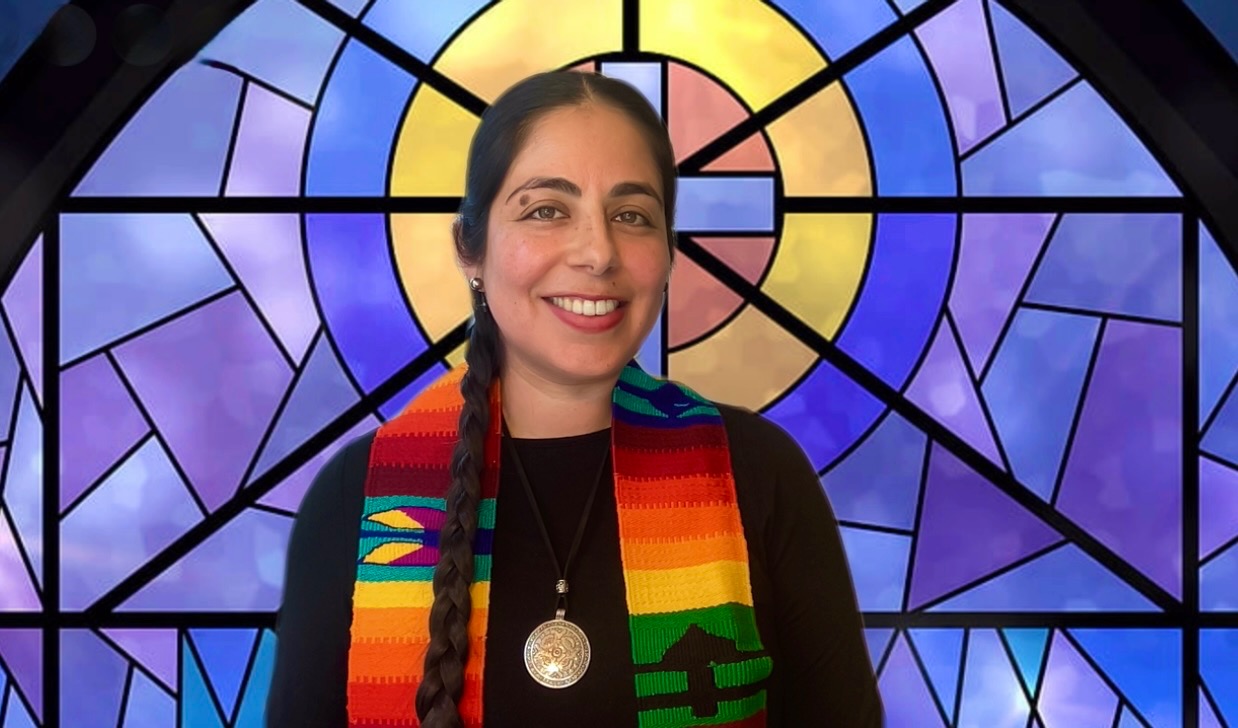
Psychologist and Public Theologian. Yenny Delgado is a native descendant, and has a deep appreciation of her cultural roots. Yenny has worked with social movements and local churches for over a decade, advocating for improved gender equality and ending racism in the Church. She is a ruling elder in the Presbyterian Church USA and founder of PUBLICA (www.publicatheology.org). Currently, she is a doctoral student in Science of Religion at the University of Lausanne, Switzerland.

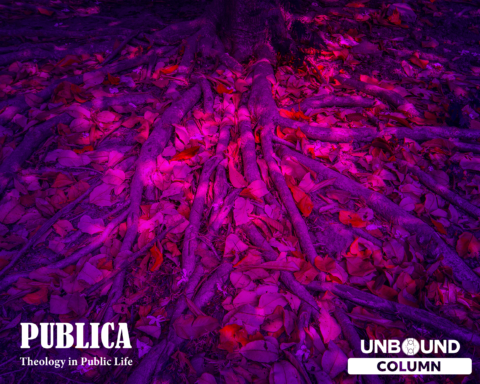
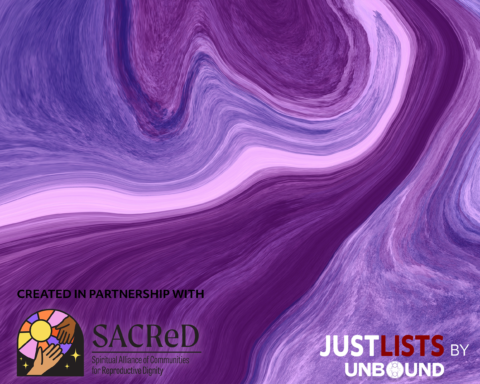
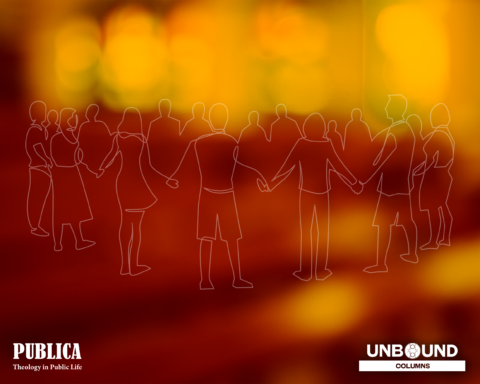

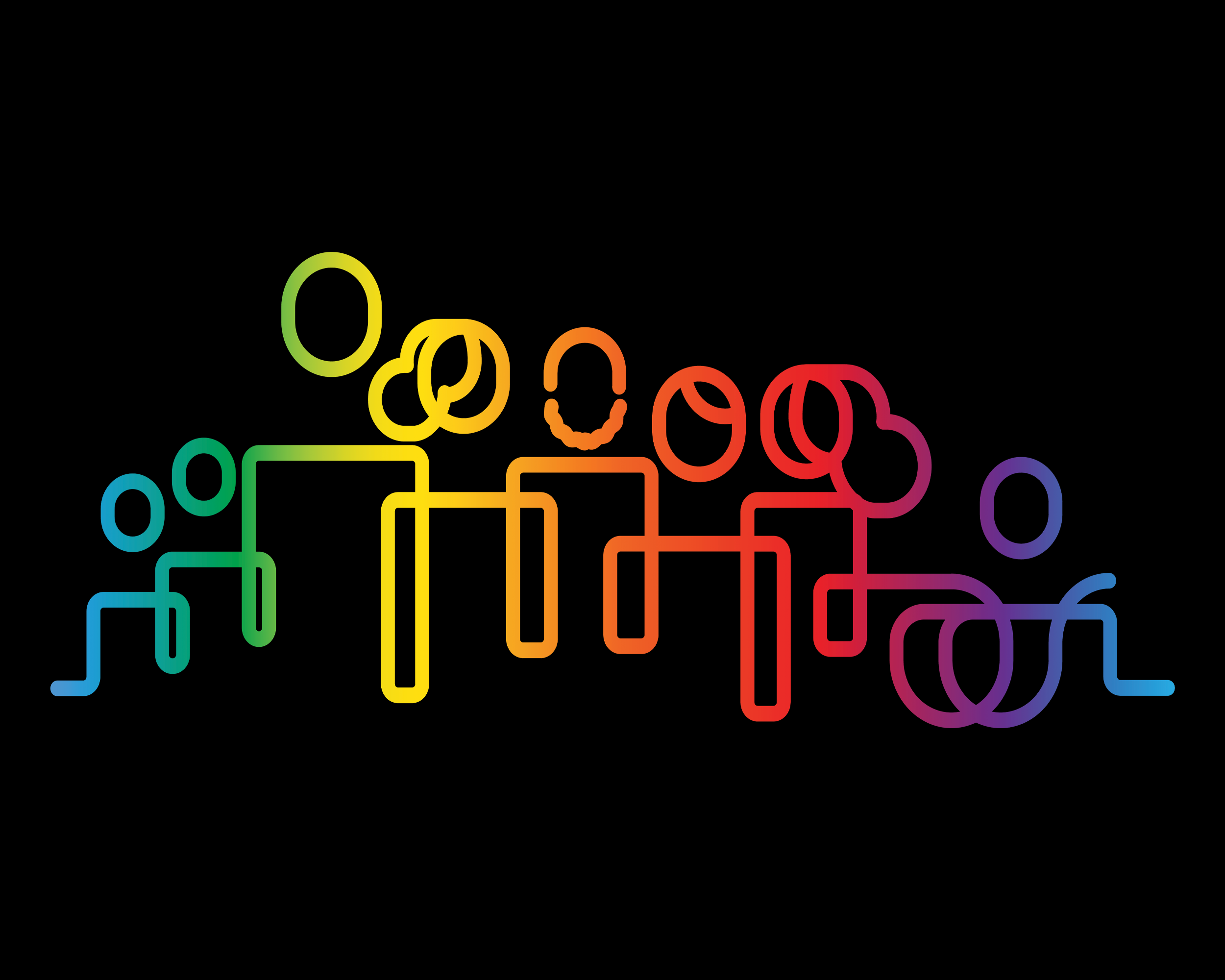
Unbound Social